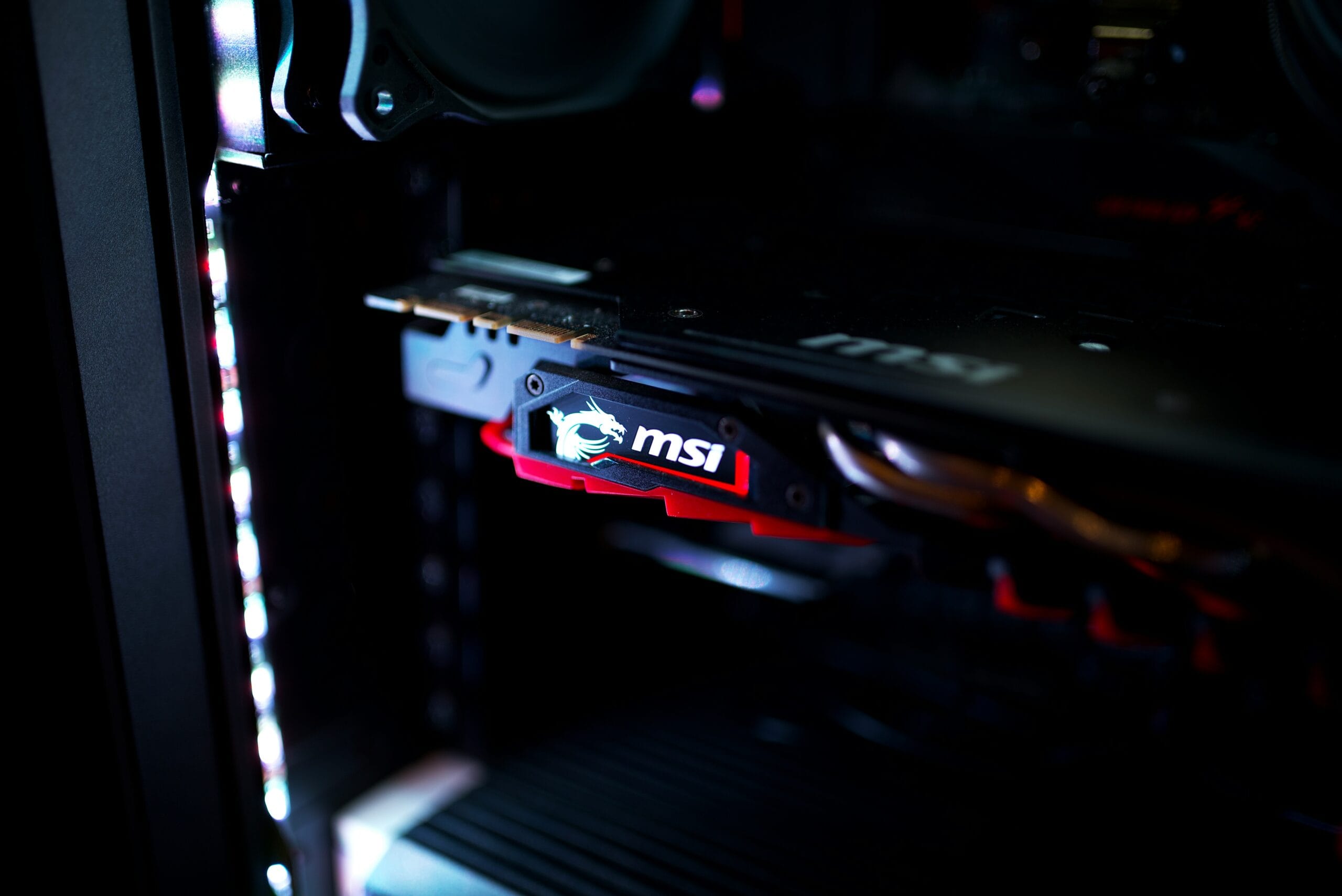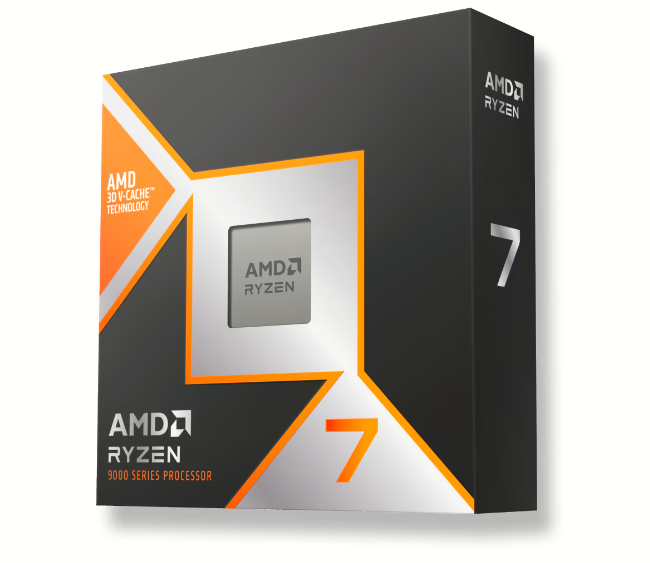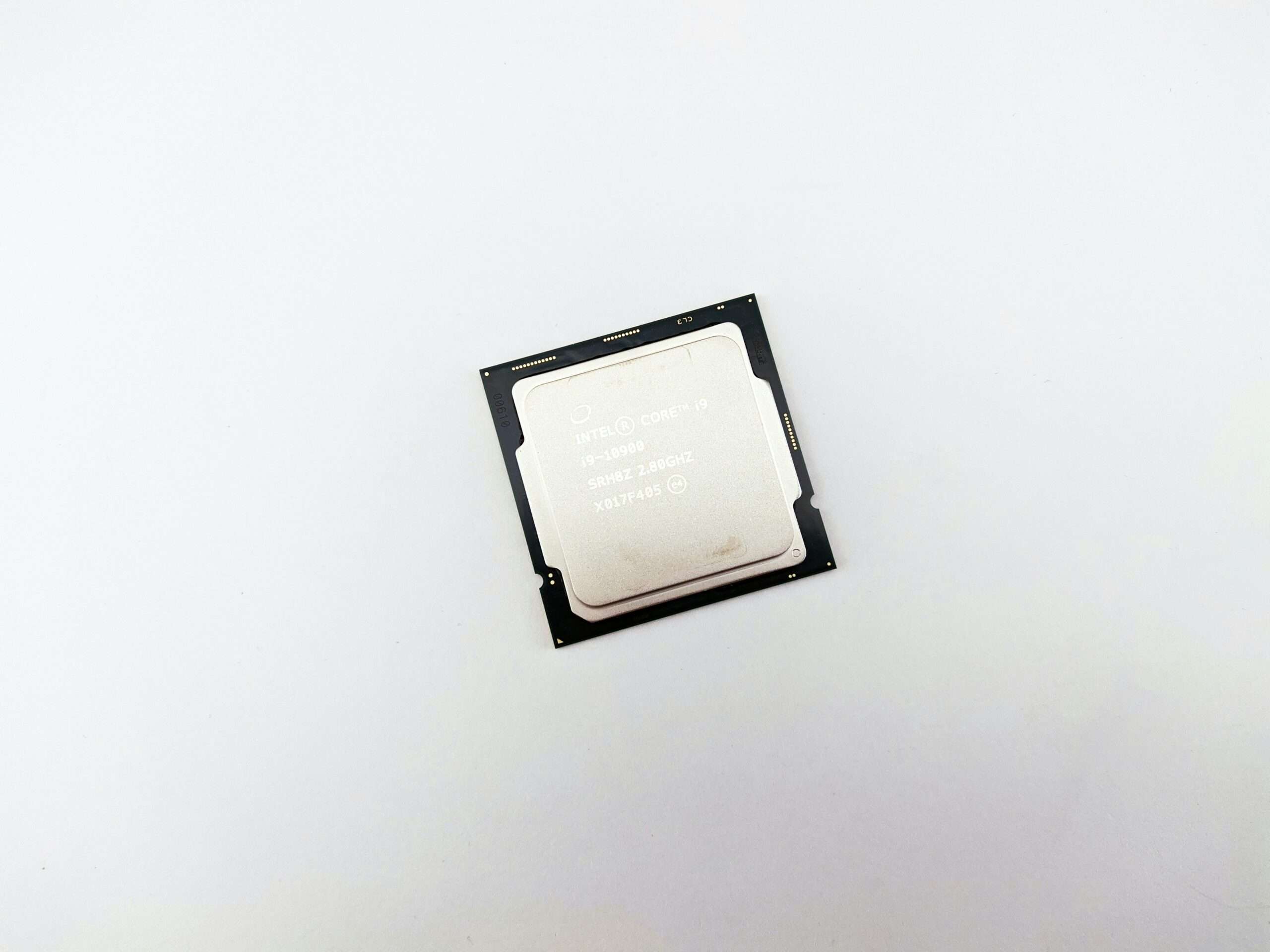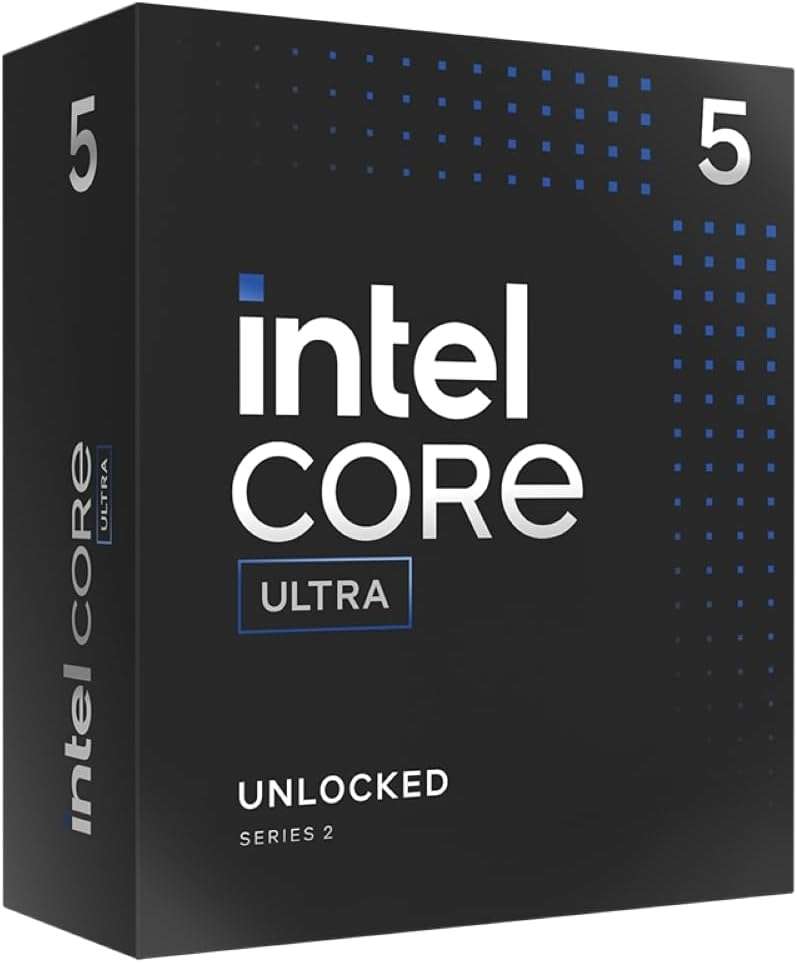When pairing a GPU with an Intel 8th Gen CPU, it’s crucial to choose a graphics card that ensures you’re getting the most out of your system. The 8th Gen Intel CPUs are powerful but selecting the right GPU can prevent bottlenecks and enhance your gaming or professional experience.
We’ve scoured the market to look for the finest GPU options out there that would do well with all the Intel 8th-gen CPUs. Simply purchasing the most expensive GPU for your CPU in 2024 would cause a massive bottleneck.
We’ve considered various factors to ensure that you’re offered only the best options. Bear with us as we look at some of the Best GPUs for Intel 8th Gen CPUs in 2024.
Best GPUs for Intel 8th Gen CPUs: Our Top 10 Choices
1. NVIDIA GeForce RTX 2080
- CUDA Cores: 2,944
- VRAM: 8 GB GDDR6
- Base Clock: 1.51 GHz
- Boost Clock: 1.71 GHz
- Power Consumption: 215W
The RTX 2080 is still a powerful GPU, offering great performance for 1440p gaming and even holding its own at 4K in many titles. With real-time ray tracing support, it delivers impressive visuals in modern games. Paired with an Intel 8th Gen CPU, this card ensures smooth performance across demanding applications and AAA games.
Pros:
- Excellent 1440p performance
- Ray tracing support for enhanced visuals
- Still competitive in 4K gaming
Cons:
- Limited availability due to its age
- Higher power consumption compared to newer models
2. NVIDIA GeForce RTX 2070
- CUDA Cores: 2,304
- VRAM: 8 GB GDDR6
- Base Clock: 1.41 GHz
- Boost Clock: 1.62 GHz
- Power Consumption: 175W
The RTX 2070 is an ideal choice for 1080p and 1440p gaming, offering solid ray tracing performance and efficient power consumption. This GPU provides a great balance of performance and cost for gamers who want to experience ray tracing without breaking the bank. It’s also a good match for content creators who need reliable performance in creative applications.
Pros:
- Good balance of price and performance
- Strong 1080p and 1440p gaming capabilities
- Efficient power consumption
Cons:
- Struggles in 4K gaming compared to newer GPUs
- Ray tracing performance not as advanced as RTX 30-series cards
3. AMD Radeon RX 6700
- Stream Processors: 2,304
- VRAM: 10 GB GDDR6
- Base Clock: 2.32 GHz
- Boost Clock: 2.58 GHz
- Power Consumption: 230W
The AMD Radeon RX 6700 offers great 1440p gaming performance and comes with a competitive 10 GB of VRAM. It’s a strong mid-range option for gamers who need high frame rates at 1440p without overspending. The RX 6700 also performs well in content creation tasks, especially when combined with an 8th Gen Intel processor.
Pros:
- Excellent 1440p gaming performance
- More affordable than high-end GPUs
- 10 GB VRAM is great for handling large textures
Cons:
- Ray tracing performance lags behind NVIDIA
- Not the best for 4K gaming
4. NVIDIA GeForce RTX 3060
- CUDA Cores: 3,584
- VRAM: 12 GB GDDR6
- Base Clock: 1.32 GHz
- Boost Clock: 1.78 GHz
- Power Consumption: 170W
The RTX 3060 is a fantastic mid-range card, offering solid performance for 1080p and 1440p gaming. Its 12 GB of VRAM is generous, ensuring that it can handle larger textures and more demanding games. The card also supports ray tracing and DLSS, making it a great value for users who want future-proof features at a reasonable price.
Pros:
- Great 1440p gaming performance
- Supports ray tracing and DLSS for enhanced visuals
- Generous VRAM for the price
Cons:
- Ray tracing performance is limited compared to higher-end RTX models
- Not ideal for high-end 4K gaming
5. NVIDIA GeForce RTX 2060
- CUDA Cores: 1,920
- VRAM: 6 GB GDDR6
- Base Clock: 1.36 GHz
- Boost Clock: 1.68 GHz
- Power Consumption: 160W
The RTX 2060 is an entry-level ray tracing GPU, offering solid 1080p performance with some 1440p capabilities. While it may not compete with more modern cards, it provides ray tracing at an affordable price point. Paired with an Intel 8th Gen CPU, the RTX 2060 is ideal for budget-conscious gamers who still want a taste of next-gen visuals.
Pros:
- Affordable ray tracing option
- Good performance for 1080p gaming
- Lower power consumption
Cons:
- Limited VRAM for future-proofing
- Struggles with ray tracing at higher resolutions
6. NVIDIA GeForce RTX 4050
- CUDA Cores: 2,560
- VRAM: 8 GB GDDR6
- Base Clock: 2.5 GHz
- Boost Clock: 2.8 GHz
- Power Consumption: 150W
The RTX 4050 is an excellent budget-friendly GPU, designed for gamers who want strong 1080p performance without the high price tag. It offers good ray tracing capabilities for its price and has efficient power usage, making it a great choice for smaller builds or users on a tighter budget.
Pros:
- Affordable entry-level GPU with ray tracing
- Suitable for 1080p gaming
- Efficient power consumption
Cons:
- Limited performance at 1440p or higher resolutions
- Not the best for future-proofing
7. AMD Radeon RX 6600 XT
- Stream Processors: 2,048
- VRAM: 8 GB GDDR6
- Base Clock: 1.96 GHz
- Boost Clock: 2.6 GHz
- Power Consumption: 160W
The RX 6600 XT is a solid choice for 1080p gaming, offering excellent value for budget-conscious gamers. It’s capable of handling modern games at high settings and its 8 GB of VRAM ensures smooth performance in most titles. While it lacks the ray tracing prowess of NVIDIA cards, it still offers competitive performance in its price range.
Pros:
- Great 1080p performance
- Affordable price
- Low power consumption
Cons:
- Ray tracing is weaker than NVIDIA alternatives
- Struggles with 1440p and 4K gaming
8. NVIDIA GeForce GTX 1660 Super
- CUDA Cores: 1,408
- VRAM: 6 GB GDDR5
- Base Clock: 1.53 GHz
- Boost Clock: 1.78 GHz
- Power Consumption: 125W
The GTX 1660 Super is an excellent entry-level card, providing good 1080p performance for budget gamers. While it lacks ray tracing capabilities, it’s still a reliable choice for users who prioritize affordability and solid gaming performance. The GTX 1660 Super is a perfect match for older Intel 8th Gen CPUs, ensuring you get the most out of your system without overspending.
Pros:
- Great value for budget gaming
- Reliable 1080p performance
- Low power consumption
Cons:
- No ray tracing support
- Limited future-proofing due to lower VRAM
9. AMD Radeon RX 6700 XT
- Stream Processors: 2,560
- VRAM: 12 GB GDDR6
- Base Clock: 2.32 GHz
- Boost Clock: 2.58 GHz
- Power Consumption: 230W
The RX 6700 XT offers excellent performance for 1440p gaming and comes with 12 GB of VRAM, making it well-suited for future titles with higher texture requirements. It competes directly with NVIDIA’s RTX 3060 in terms of performance but comes at a more attractive price point, especially for those who prioritize AMD’s software ecosystem.
Pros:
- Fantastic 1440p performance
- Ample VRAM for future-proofing
- Competitive pricing
Cons:
- Ray tracing performance lags behind NVIDIA
- Power consumption is slightly higher
10. NVIDIA GeForce RTX 3060 Ti
- CUDA Cores: 4,864
- VRAM: 8 GB GDDR6
- Base Clock: 1.41 GHz
- Boost Clock: 1.67 GHz
- Power Consumption: 200W
The RTX 3060 Ti is one of the best value GPUs on the market, offering performance that rivals higher-end models at a lower price. It excels in 1440p gaming and even holds its own at 4K in less demanding titles. The card’s support for DLSS and ray tracing makes it a well-rounded choice for gamers looking for next-gen features without paying a premium.
Pros:
- Outstanding performance for 1440p gaming
- Strong ray tracing and DLSS support
- Great value for its performance
Cons:
- Not as powerful for 4K gaming
- Limited VRAM for future-proofing
Conclusion
When choosing a the best gPUs for Intel 8th Gen CPUs, it’s crucial to consider the balance between performance and price. High-end GPUs like the NVIDIA GeForce RTX 4090 and AMD Radeon RX 7900 XTX offer top-tier performance but when paired with an 8th-gen CPU, you’d experience massive bottleneck and hence, we’ve refrained from adding such options here.
At this point in time, older GPUs such as the RTX 2080 and other similar GPUs are the best GPUs for Intel 8th gen CPUs. Moreover, we’ve included a variety of options here and we’re sure that you’ll find something here that meets your requirements.
Also Read: Best Red PC Cases: Top 7 Picks for a Bold and Stylish Build




